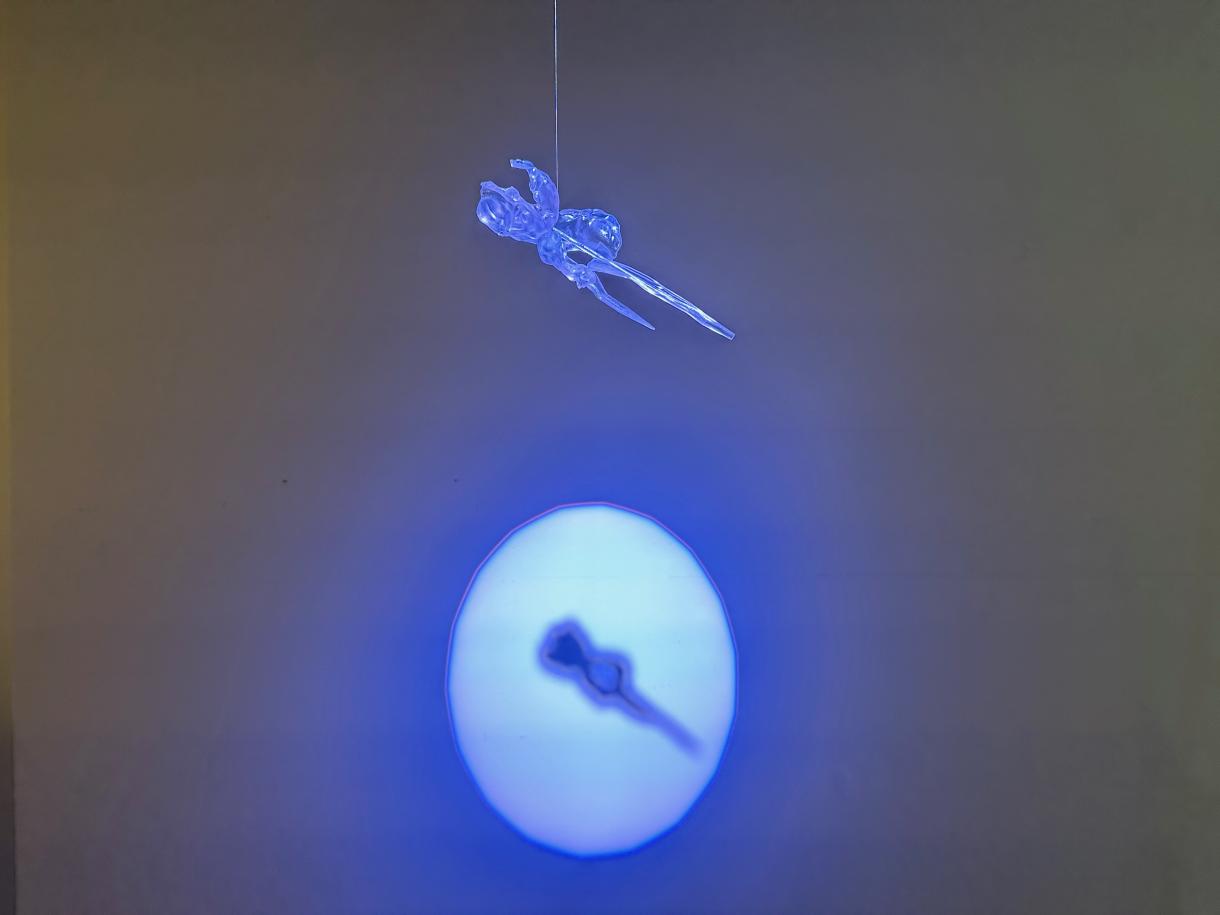
3D Printing an Iris’s Grammar of Light
Timeline
Project status: Active
Description
This project leverages the Co-Lab Professional Services through funding by a Co-Lab grant.
Below is a description provided by the artist:
"I am always thinking about the absurd impulse to classify things, especially when it comes to statistics and machine learning. When I audited an introductory data science course over the summer, I learned about the “Iris data set” commonly used to teach statistical speciation premised on differing length and width measurements of the petals and sepals. Not surprisingly, the popularization of the data set comes from 20th century eugenics—the data was collected by botanist Edgar Anderson and published in work by statistician and eugenicist Ronald Fisher around 1936. Irises, however, are also a favored flower of hobby horticulturists as they can produce infinite varietals in color and form. The lives of irises exceed classification!
To try and express both this history and the infinite potential of existence, I worked with the Co-Lab to 3d print my own iris flower inspired by my iris research and modeling (techno-gardening?) in the software Blender. I love that we used the same printer that is used to print models of patient hearts to help surgeons prepare for surgery.
I wanted the iris flower printed in resin so that it is clear and can work like a prism or spectrometer. When it is installed at the Rubenstein Arts Center later this month, I will have a stage light shining through so that it refracts a peculiar light spectrum. (Like life, light is often reduced to classification.)
The work is a part of the Computational Media, Arts and Cultures PhD exhibition Will I Grammar With You up at the second floor Gallery at the Rubenstein Arts Center February 29th- March 12th. Reception February 29th from 5-8pm.
Special thank you to Isaac Rattey, Michael Faber, and Tobey Southworth."

Team
Members
Kelsey Brod, PhD Candidate, Computational Media, Arts and Cultures
Related Content
Related Links
Co-Lab Pro Project, Grant Project